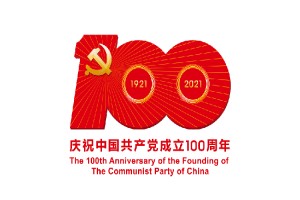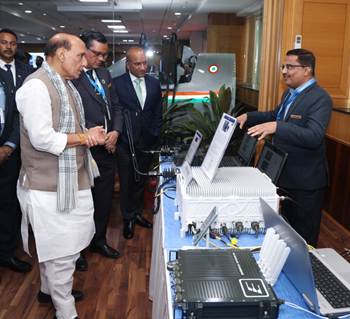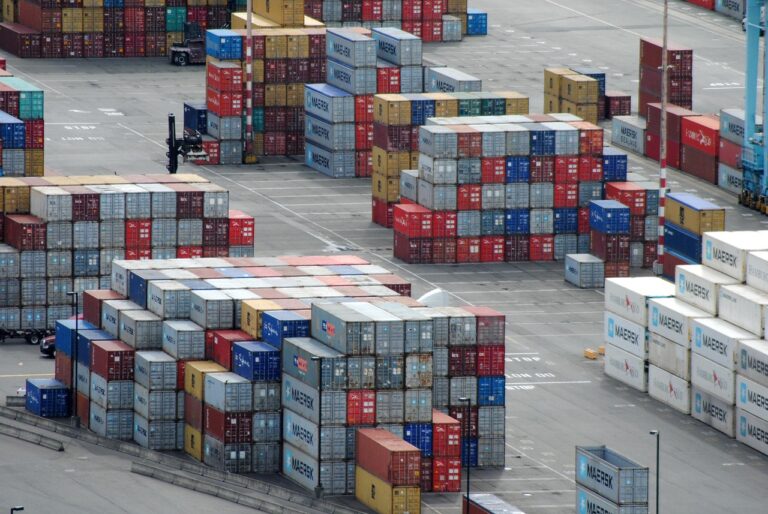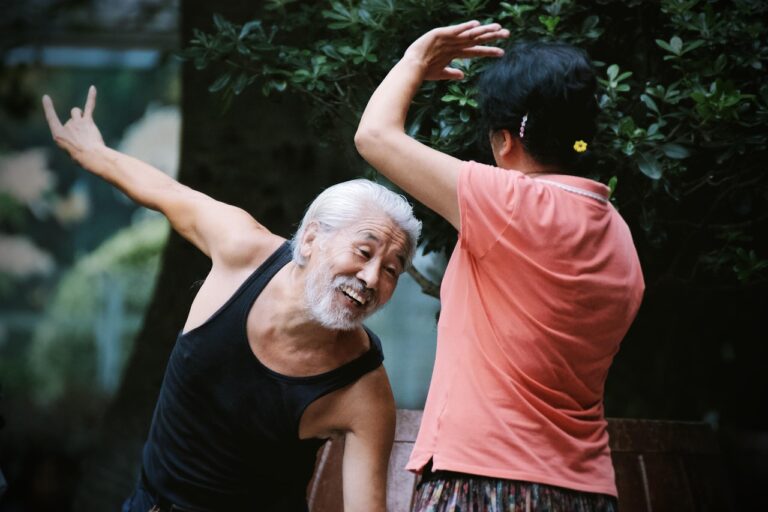
Commentary
 By Venkatesh Raghavan
By Venkatesh Raghavan
On July 1, 2021, the intensity of the celebrations to mark the centenary event for the Chinese Communist Party took place amidst a plethora of fluttering flags and air bound balloons and loud echoing of the country’s socialist anthem at the historic Tiananmen Square that had witnessed the brutal quashing of pro-democracy students movement decades ago.
Chinese President Xi Jinping exhorted the nation to head towards the second centenary of the ruling Communist Party aiming at first engendering a “moderately prosperous society” and subsequently achieving the status of a “great modern socialist country.”
Having come a long way from the rubbles of a colonial relic, the Chinese Communist Party was upbeat about having transformed their country into the World’s second biggest economy. The CCP over the decades has managed to rescue mainland China from the embers of a feudal mindset and usher in an advanced social structure. The Party however, claims to be the flag bearer of Chinese culture currently, spending upward of USD 10 billion to propagate the branch of philosophy emanating from Confucius and subsequently nurturing the era of Mao ideology. Xi over a period of time has earned the reputation for eradicating poverty and ushering China into the era of technological progress.
In the course of his speech at the historic Square, Xi echoed Mao’s school of thought claiming that political power grows out of a barrel of the gun. “A strong country must have a strong military,” he said. Xi also spoke on a balanced note on China’s proactive commercial initiative, namely the belt and road project, mentioning, “China does not carry aggressive or hegemonic traits in its genes.” On a jingoistic note however, Xi spelt it out that no foreign force would be allowed to bully, oppress or subjugate our nation any longer. Xi drew thunderous applause when he culminated it on the note, “Anyone who attempts to do so will find themselves on a collision course with a Great Wall of steel forged by 1.4 billion Chinese people.” The statement that went down well with the domestic audience is however expected to generate strong reactions from abroad, with a 40-strong team of nations seeking permission for a UN human rights team access to Xinjiang, an official was quoted as saying. Xi on his part said, “China is unwilling to tolerate sanctimonious preaching from those who feel they have a right to lecture us.” There were however voices among the CCP that expressed concern over global opinion having turned against China.
Xi exhorted the Party members and the crowd that the longevity of the CCP is mainly because of its ability to exercise enough courage to undergo self-reform. Experts watching from the fence expressed the opinion that the CCP has managed to make its ranks swell over the decade and odd. However, dwindling economic growth coupled with environmental crises pose a direct challenge to the aging Chinese population, the reactionaries observed. Talking on the future course China will be chalking out, Xi expressed the sentiment that “Our success hinges on the Party.”
“China’s success hinges on the Party,” Xi said. In reality, at present the Party cadres are under the one man who matters most. Be it Taiwan or pro-democracy protests being quashed in Hong Kong or rights violations in Xinjiang, the origin of aggression from the Chinese frontiers is right there to be seen for the world.





